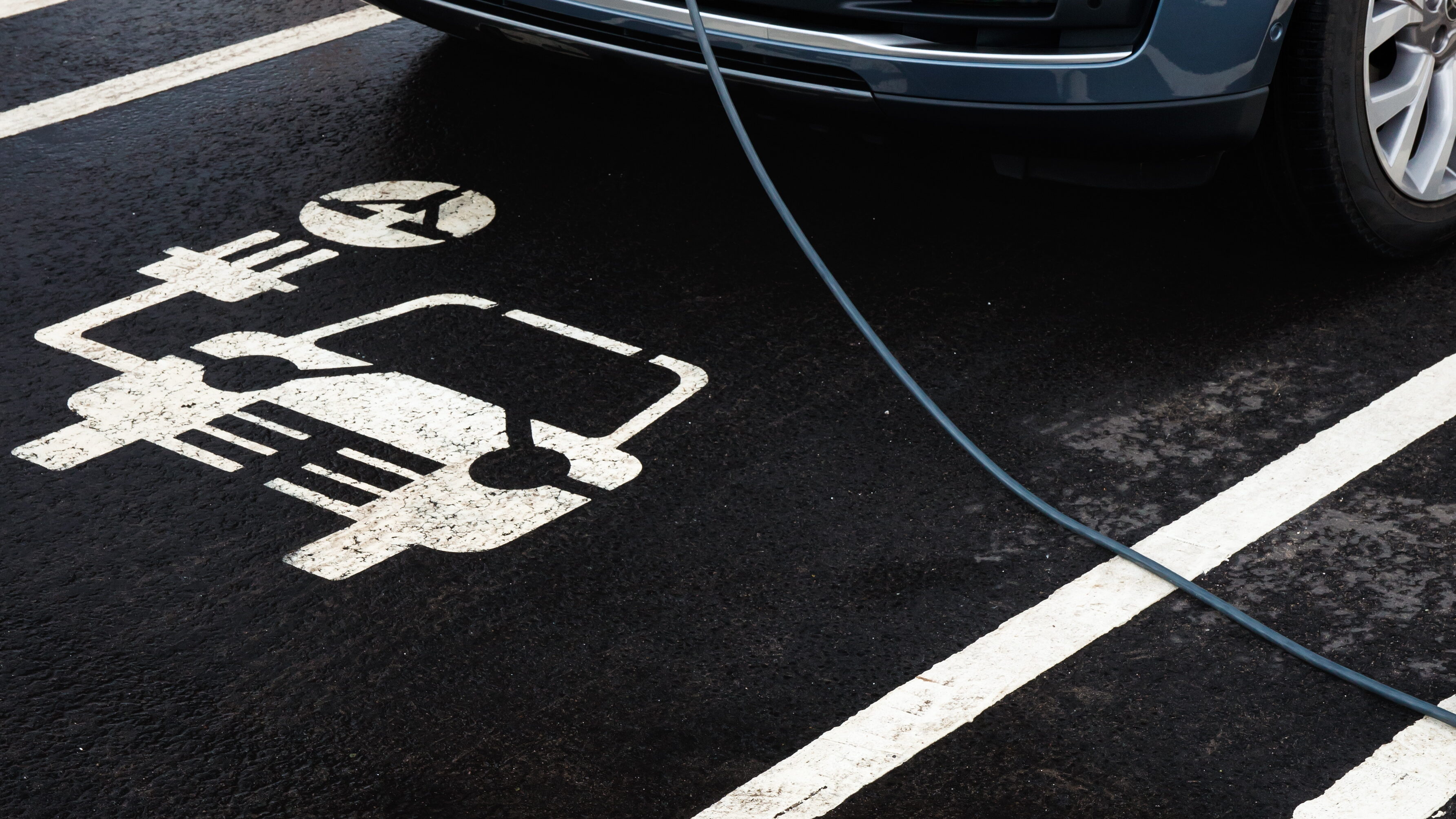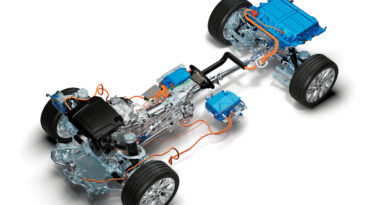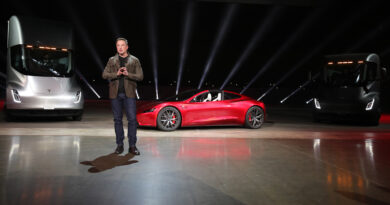Will EVs make driving boring? No chance, the Nanny State has that covered
OPINION
Some alarmist whiners suggest that the joy of driving will end with the rise of the EV machines.
But those are people who’ve clearly never driven one, or only dabbled with some of the early electric shockers, like Mitsubishi’s i-MiEV.
To drive a Tesla Model S, or Model 3 Performance, is to know that there is nothing to worry about on that score. Indeed, the way the Porsche Taycan accelerates will make enthusiasts wonder why we waited so long to ditch the sluggish internal-combustion engine.
No, folks, what we have far more reason to be concerned about, at least in the police state that we call a civilised, non-authoritarian country, is that the fun will be taken away from us by the stealthy but determined Nanny Brigade.
Want the latest electric car news and reviews delivered to your inbox? Subscribe to our weekly newsletter!
I was struck afresh this week by the fact that we live in a country where speed limits on roads I’ve been driving for decades are going DOWN, sometimes by as much as 40 percent, despite the fact that cars are safer in so many obvious ways.
And no one complains. We just shrug, some of us mutter, and the road “safety” camera-loving lobby continues its work, unchallenged.
If we dropped the blood-alcohol limit for driving from 0.05 to 0.01, or zero, would people fight? I doubt they’d even be surprised, I wouldn’t be.
Frankly I am surprised that we only have to wear helmets to ride bicycles and that body armour isn’t compulsory yet.
All this made my blood boil again because I was forced to drive from Sydney to the wilds outside Lithgow to try the new Land Rover Defender (no EV version yet, but a PHEV surely seems likely).
The road over the Blue Mountains and down onto the plains is one I’m very familiar with, after many years of making the great Bogan Pilgrimage to Bathurst, and I was shocked, nay appalled, when I got to the good bit of the road, just past Blackheath, to find that not only were the truly enjoyable bends now an 80km/h zone, when they’ve been a 100 zone since Peter Brock was a boy, but that they are policed by Average Speed Cameras (currently used in NSW only to track heavy vehicles, but about as likely to stay that way as I am to wake up more attractive tomorrow).

Worse still, just beyond that, the dual carriageway that seemed to take about 40 years to build, is now an 80 zone as well, all of it. All I could picture was a visiting German (obviously, years from now), driving on a four-lane road, in the middle of nowhere, with stuff all traffic, and being utterly mystified as to why this beautifully surfaced and carefully engineered road has an 80km/h limit.
I was so angry I decided I couldn’t go home that way, and would spoil myself by taking the legendary Bells Line of Road instead. And you can guess how that went. Yep, a once fantastic driving road, 100km/h for much of its length, is now 80 as well. Except for the parts that are 60km/h.
But why? I ask all the time, and the answer is “well, people are just shit drivers”. So, forget personal responsibility, or doing something about driver training, and ignore the invention of traction control, automatic emergency braking, stability programs, vast improvements in braking and chassis technology.
And forget the fact that so much of the world thinks it’s quite safe to drive at 130km/h, and laughs at our low limits. I can’t laugh, because it makes me want to scream, so I’ve asked, in the past, the people in control, repeatedly, and that makes me feel no better at all, either.
These are the people who use the phrase “Towards Zero” to describe not only a literally impossible goal for our road toll, but the speed limit they’d like to see. As the TAC states: “We no longer accept that it’s inevitable that people die or be seriously injured just because we have a road transport system.”
The road safety experts who look to Europe for best practice on speed limits, but not to Germany (which has a lower rate of road fatalities per 100,000 head of population per year than us) Italy or even the UK. No, they look to Sweden.
Like TAC’s senior road safety manager Samantha Cockfield.
“Humans, no matter how well intentioned, will make mistakes, and we have to develop a system that allows people to survive those mistakes,” she told me.
“What we’re doing came out of a lot of Swedish work on how our bodies get injured and what kind of impact speeds cause serious injuries.
“What we know is that, in a modern car, a head-on collision is survivable at speeds of 70km/h, so our starting point (for a new national speed limit) could be 80km/h.
“If you look at Sweden, they’re designing their roads for 80, because they believe 80 is the speed that will be survivable in the foreseeable future.”
National. Speed limit. Eighty. Just take those words away.
Then there’s Stuart Newstead, associate professor at Monash University’s Accident Research Centre and one of the country’s leading experts on road trauma.
“Even though we have a lot of enforcement now, and people won’t like to hear this, the fact is there’s probably room for a lot more,” Newstead says.
“Enforcement is a key aspect, and I know a lot of enthusiasts don’t like it, but all the research shows it has been effective, particularly speed cameras, which people like the least.
“There’s a lot of public debate that needs to go on towards that zero goal, because a lot of it will limit our mobility, and we have to look at the trade-offs and see what people are willing to accept.”
Sorry, limit our mobility? Is it just me, or is he suggesting it might be better if we just walked everywhere?
I think I finally might have found some people who think lockdowns are great.
Yes, perhaps I should get into politics and do something about it, but sadly I used to write about politics in a former life, so I spent some time with a few of them, and I’d rather lick lions for a living.
Instead, I shall rant, and, as soon as it’s legal, retire to Italy.




